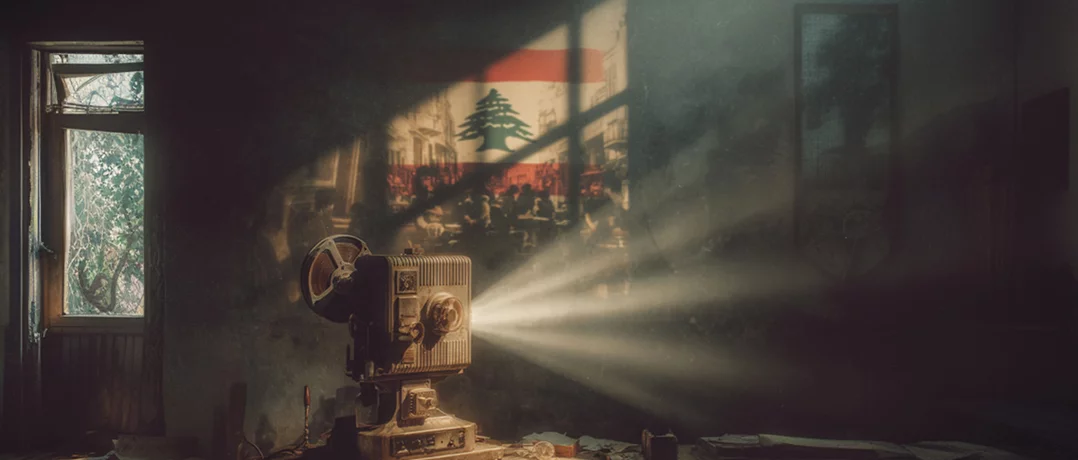Lebanon’s Week of Cinema revives cultural memory, with Minister Ghassan Salamé calling it a step to rebuild trust and global presence.
Lebanon’s week of cinema: films of memory, acts of return
Lebanon’s week of cinema: films of memory, acts of return


Across Lebanon this week, screens are lighting up with fragments of the nation’s cinematic past. From Beirut’s cultural centers to small village squares, the Ministry of Culture has launched “Lebanon’s Week of Cinema: Films of Lebanese Memory”, a nationwide initiative that projects iconic films back into public space.
The program spans decades of Lebanese filmmaking: “A Life at the Heart of Cinema” by Walid Chmait, Maroun Baghdadi’s haunting Whispers, Heiny Srour’s Leila and the Wolves, and Jocelyne Saab’s Once Upon a Time Beirut, among others. Each film carries not just a story, but a mirror of Lebanon’s fractured history, its fleeting hopes, its wars, and its acts of survival.
Culture Minister Ghassan Salamé told The Beiruter,
There is a thirst for culture in this country. Cinema halls are filling up, museums are crowded. What this shows us is simple: the cultural heartbeat has not stopped. Our task now is to rebuild trust.
Cinema as collective memory
The screenings are not mere nostalgia. They represent an attempt to stitch together a cultural memory often interrupted by exile, collapse, and war. By bringing these films back to the public, the ministry is not only preserving history but asserting that cinema still belongs to everyone, not just festivals abroad, but local audiences at home.
Salamé sees cinema as one of Lebanon’s strongest tools of re-emergence on the global stage. “We are trying to convince investors, private and foreign, that cinema is a successful venture with a future. When we find strong proposals, we connect filmmakers with funders. The challenge is persuasion: to show that these projects will succeed,” he said.
Between exile and return
For years, Lebanon’s young filmmakers have been leaving, drawn away by financial collapse, the pandemic, political paralysis, and most recently, war. Salamé admits he understands their choice but insists Lebanon can still be worth coming back to.
“Lebanon still offers something rare in the region: freedoms,” he said.
We are working with universities to modernize film education, to prepare a generation capable of competing globally. And we are bringing young talent back into international festivals, including Arab film festivals.
The ministry is also leveraging Lebanon’s cultural diplomacy. This spring, the largest book fair in France will name Lebanon as guest of honor, featuring 15 Lebanese writers and 20 Lebanese films. For Salamé, these events are a way of reintroducing Lebanon to the world, not through its crises but through its creativity.
Restoring an image
Behind the cinematic week lies a broader project: to restore Lebanon’s image, both at home and abroad. “I returned to my country to improve its reputation after years of decline. There is a hunger among Lebanese youth to reconnect with their culture,” Salamé said, citing the thousands who flocked recently to Beirut’s museums.
If “Lebanon’s Week of Cinema” succeeds, it will be because it taps into that hunger: the desire to remember, to gather, to see oneself reflected on a screen in a shared space. Cinema, in this sense, becomes more than film, it becomes an act of return.
For now, in towns and villages across Lebanon, the glow of old films is reminding audiences that a country so often defined by its losses still has beautiful stories to tell. And perhaps, through cinema, it finds a powerful way to be heard.


